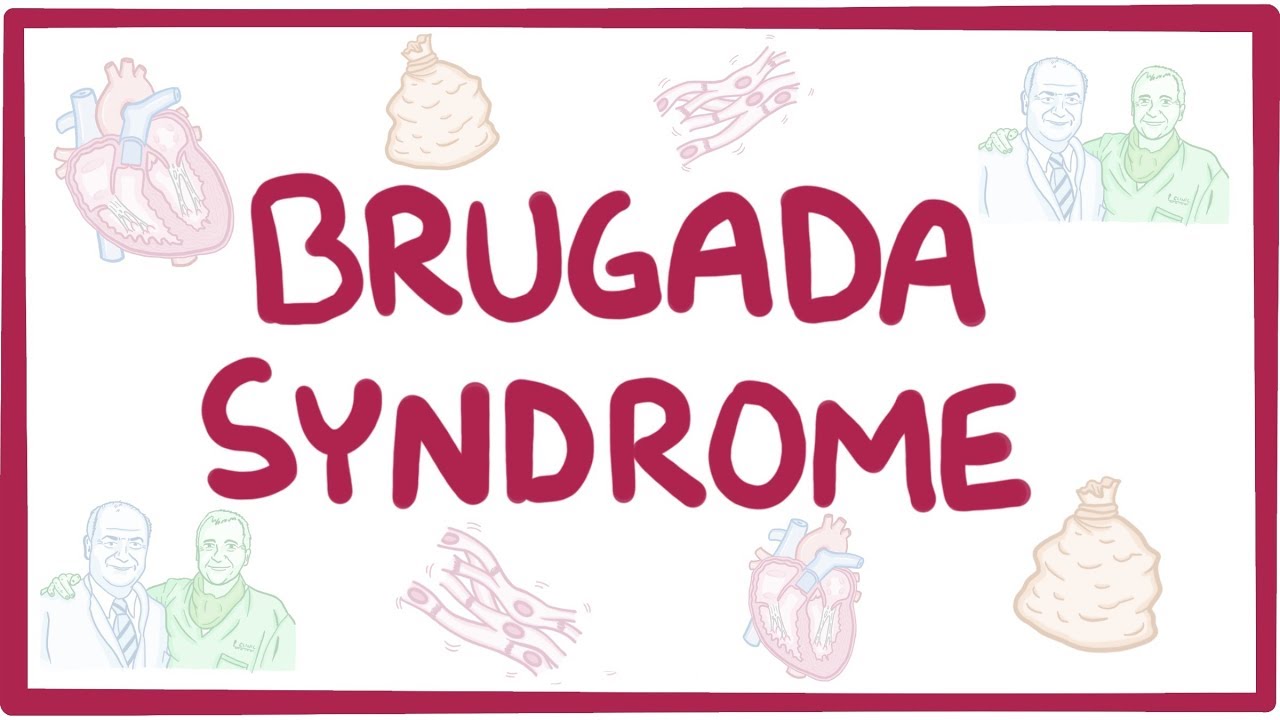Brugada syndrome is a rare but potentially lethal genetic condition that affects the heart’s rhythm and increases the risk of sudden cardiac arrest. With an estimated 1 in 2,000 people worldwide, Brugada syndrome is a significant health concern requiring early diagnosis, appropriate management, and ongoing monitoring.
The global Brugada syndrome market was valued at USD 1.37 billion in 2022 and is expected to register USD 2.38 billion at a CAGR of 5.7% during the forecast period. The market is a rapidly evolving landscape encompassing various diagnostic and treatment options, including genetic testing, pharmacotherapy, and device therapy.
What Is the Current Outlook of The Market?
The Brugada syndrome market is a niche segment of the cardiovascular market characterized by a limited number of players and a high level of innovation. Some of the key trends and growth drivers that are shaping the market today include:
- Increasing awareness: There is growing awareness of Brugada syndrome among patients, healthcare professionals, and regulatory bodies, which has led to earlier diagnosis and improved management.
- Advances in diagnostic testing: Genetic testing has become the gold standard for diagnosing Brugada syndrome, with several companies offering genetic testing panels for this condition.
- New treatment options: There are several pharmacological and device-based therapies available for Brugada syndrome, including sodium channel blockers, beta-blockers, and implantable cardioverter-defibrillators (ICDs).
- Rising demand for personalized medicine: With the advent of precision medicine, there is a growing demand for tailored therapies considering a patient’s genetic makeup, clinical history, and lifestyle factors.
How Is the Market Affecting The Unknown Future?
The market is expected to continue to grow in the coming years, driven by several key factors:
- Increasing prevalence: As awareness of Brugada syndrome grows, more people are likely to be diagnosed with this condition, increasing demand for diagnostic and treatment options.
- Advances in genetic testing: With the increasing availability of next-generation sequencing and other advanced diagnostic technologies, genetic testing for Brugada syndrome is likely to become more accurate, reliable, and cost-effective
- The emergence of new therapies: There is ongoing research into new pharmacological and device-based therapies for Brugada syndrome, which could expand the range of treatment options available to patients.
- Integration of digital health technologies: Using digital health technologies, such as wearables and remote monitoring devices, could improve the management of Brugada syndrome and enhance patient outcomes.
Conclusion
The Brugada syndrome market offers ample opportunities for businesses to invest in research and development, stay current with emerging trends, and collaborate with stakeholders to gain a competitive edge. As the market continues to evolve, companies that can innovate and adapt quickly will be well-positioned to succeed and positively impact patient outcomes and quality of life. With a patient-centric focus on personalized medicine and digital health, the market represents a unique chance for businesses to contribute to advancing our understanding and management of this rare genetic condition.

